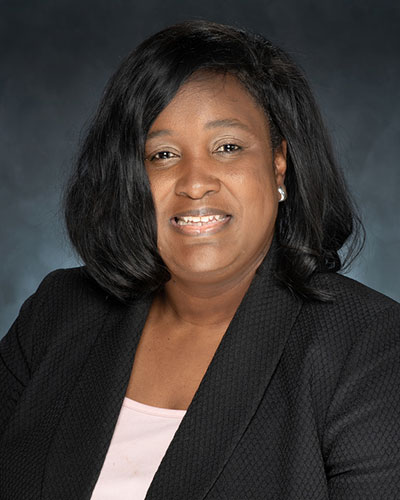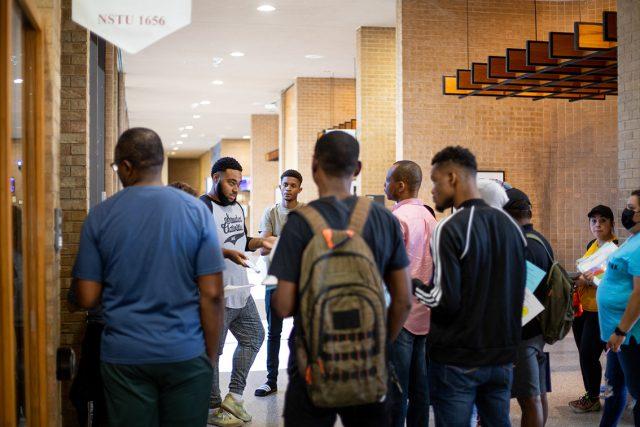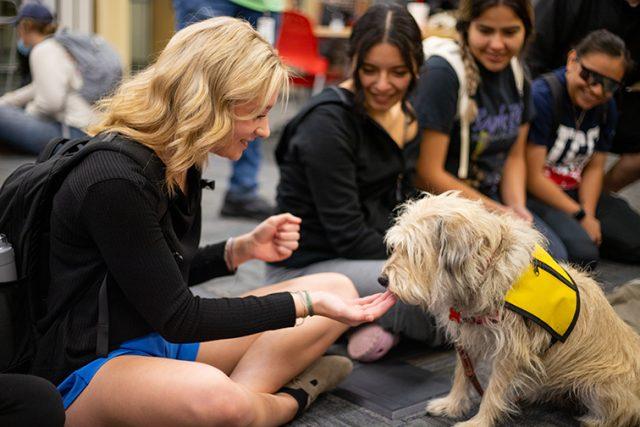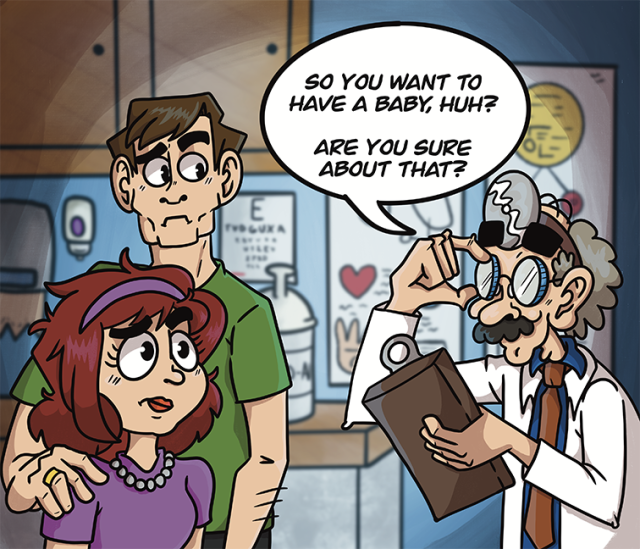ALEX HOBEN
editor-in-chief
alexandra.hoben@my.tccd.edu
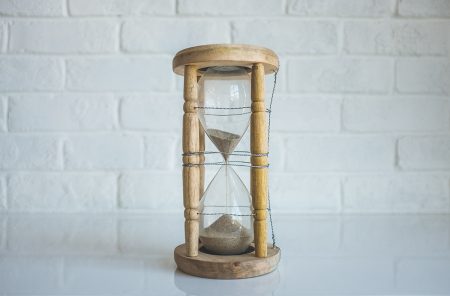
Any concept of time for me has fled in the aftermath of the COVID lockdown and my entrance into the real adult world.
I keep almost being late to class. Now for most, this isn’t an important issue because “almost” is in there, but I hate it. I’ve always prided myself to always be there when I’m needed, be it events or just randomly meeting people. But lately, it hasn’t felt like that. It now feels like I’m constantly playing catch-up just to meet the present.
The era of lockdown took something from all of us. For me, it was my ability to perceive time. Now, I’m not talking about knowing the day on an analytical level, even though during the worst of the pandemic it felt like that. Instead sometimes it feels like I can’t accurately keep track of what happens in a day when there’s just so much both personally and on the news.
I lost the years when I was supposed to be starting to make it as an adult, and I’m sure this new inability to track time correctly is my brain trying to make up for those lost opportunities. When someone asks me how old I am, I have to hesitate now because I’ll want to say what my age was during the pandemic.
When I look at a calendar, it’s like it doesn’t fully settle that we are in the latter half of 2022. It feels like just yesterday, it was 2019 and I was hearing the echoes of a virus without truly comprehending what it meant. But it’s not 2019. It’s three years later.
For a full year, I was shut inside and had pretty much nothing to help me keep track of the days and months that had passed me by because I was too afraid to go out and risk infection.
So much happened in that COVID year with no way to connect it with the time that passed. It was like swimming in an ocean looking for any life raft or buoy to hang onto, but instead you get another wave that pulls you under. I just had my screen and my clock that I set to military time, but the 24-hour style didn’t really help either. This trend hasn’t even changed.
When we were allowed to come out and start experiencing the world again, I was still counting the COVID cases on my phone rather than the hours I was spending in classes or at my new job. I measured the day by the graph provided by The New York Times each morning and didn’t bother looking at the date.
Somehow, even though I work in a job I love, meet new people and have fun every day, I still can’t quite keep track of how much has happened in such a short amount of time. I will discuss something that supposedly happened a year ago, then realize it was actually just the month before.
It feels like there’s a world changing event every week, yet I still have to remember what someone said to me 10 minutes ago? It’s impossible. My brain is overloaded every day, even after a year of being out and about.
What worries me is how I don’t know if this will ever change. It’s been a year, but I’m still almost late, and I keep feeling like every day is longer than it actually is. Will I constantly be checking my charts, clocks and calendars instead of living in the moment? Will I ever be able to see time not as an ever-present force but an opportunity?


























